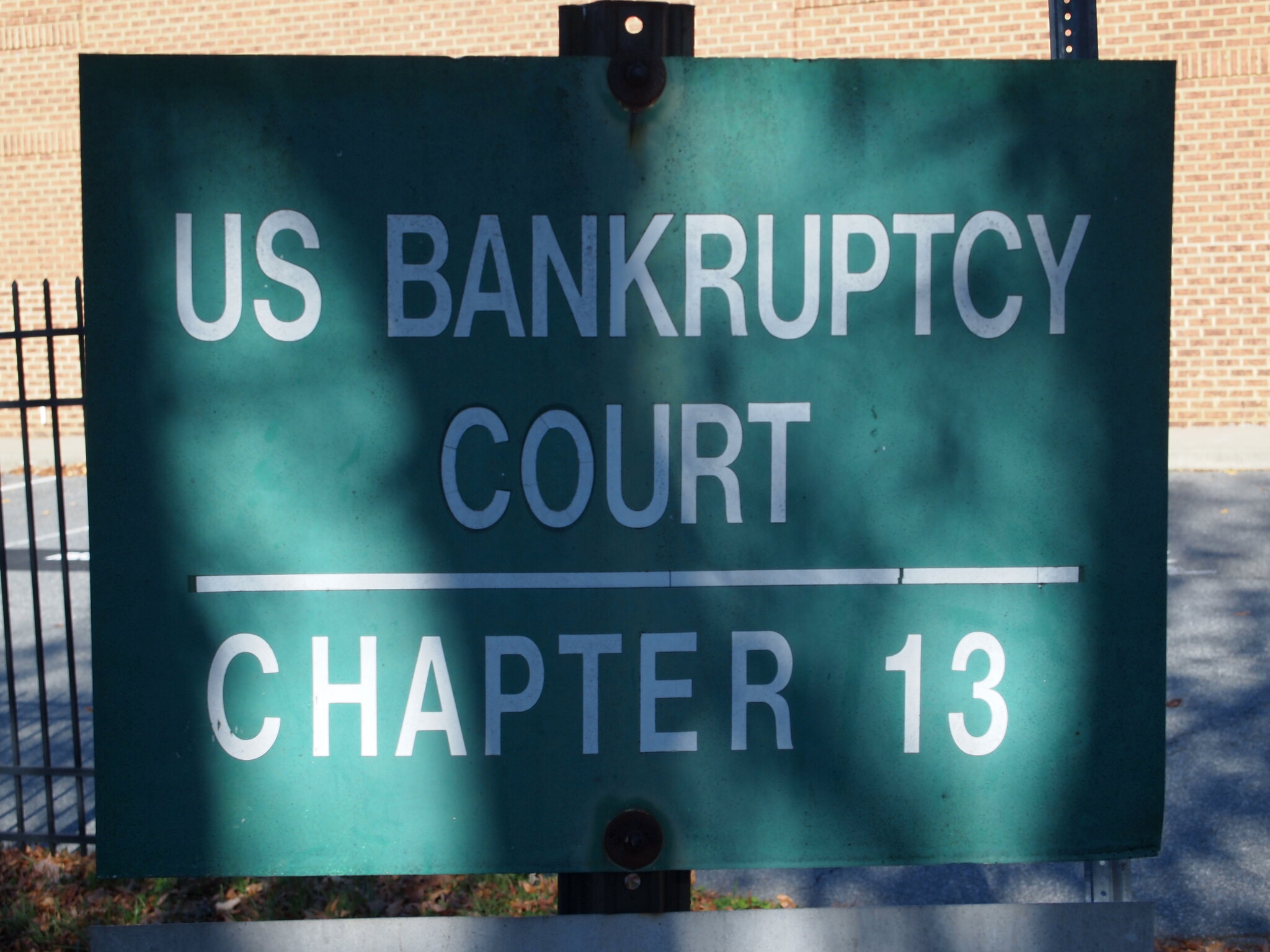A Chapter 13 bankruptcy in Alabama is a legitimate option, but the attorney fee is often higher than Chapter 7 bankruptcy and there are also trustee fees to consider.
Financial difficulties can be stressful and cause anxiety, leading you to consider Chapter 13 bankruptcy in Alabama.
You may realize that you qualify for a Chapter 7 bankruptcy in Alabama, but that the Alabama homestead bankruptcy exemptions make it impossible to file a Chapter 7 bankruptcy and keep your home.
Now what?
The purpose of this article is to walk you through Chapter 13 Bankruptcy in Alabama and help you estimate your monthly payment plan and consider the pros and cons before going down the Chapter 13 bankruptcy journey.
We will also highlight all the details regarding a Chapter 13 bankruptcy in Alabama, as well as extra opportunities on the path to financial freedom. This article aims to provide the primary aspects of a Chapter 13 bankruptcy in Alabama.
Chapter 7 vs Chapter 13 bankruptcy in Alabama
We will soon look at Alabama-specific aspects, but first, let’s understand the differences between a Chapter 13 bankruptcy and a Chapter 7 bankruptcy.
Chapter 13 Bankruptcy:
Chapter 13 bankruptcy in Alabama is a payment plan bankruptcy. Debtors take responsibility for the debt via an installment repayment plan that runs anything from 3 or 5 years.
Mostly, lawyers come in handy in these procedures. So, why is Chapter 13 so popular with debtors? The main reason is that most of them could be having a high income that disqualifies them from filing for Chapter 7 bankruptcy. Additionally, they might possess valuable property or assets. It is vital to note that the payment is monthly.
Chapter 7 Bankruptcy:
The Chapter 7 bankruptcy in Alabama is often the most affordable and fastest debt relief option. In this case, debtors are unable to pay their debts; therefore, they try and discharge the debt through a Chapter 7 bankruptcy. As long as you qualify for this bankruptcy, you will find it is less expensive, and you can close after 120 days.
You may consider a Chapter 7 bankruptcy if you are facing a wage garnishment in Alabama or a debt collection lawsuit.
By now, we are confident that you know the difference between Chapter 7 and Chapter 13, so we can delve deeper into Chapter 13 bankruptcy in Alabama.
How much does it cost to file bankruptcy in Alabama?
You are probably wondering the cost to file bankruptcy in Alabama. The cost to file a Chapter 13 bankruptcy is $313 and the cost to file a Chapter 7 bankruptcy is $338.
While the filing fees are lower, the Chapter 13 attorney fees could be 3 times as much, so it can important to consider those when deciding the best option for you.
Calculating Chapter 13 Plan Payments in Alabama

Your Chapter 13 plan payment in Alabama depends on your unique finances, which is why a Chapter 13 calculator based on the forms can be helpful.
Let’s consider some of the factors that go into your Chapter 13 bankruptcy plan.
If you have assets, the amount of the non-exempt equity could play a role in your Chapter 13 plan payment. So, if you have a lot of equity over the homestead exemption, your plan payment may be very high.
Your disposable income could play a major factor in your plan payment as the court may want to use that income to pay unsecured creditors.
Some debts such as taxes, alimony or child support could affect your plan payment, and financial transactions that happened recently may affect your plan payment.
With the Chapter 13 plan payment estimate, you can now compare what you’re currently paying per month to the estimate to see whether you may be able to get some debt relief in a Chapter 13 bankruptcy in Alabama. You can also compare this to your other options.
Alabama Means Testing
The Chapter 7 bankruptcy Alabama means test helps the courts determine whether you have the “means” to pay back some of the debt or if you should qualify for Chapter 7 discharge.
The figures are updated every 6 months or so, and the most recent figures are for cases filed on or after May 15, 2021.
That said, please note that in some cases, individuals in Alabama may still qualify for Chapter 7 bankruptcy even if income is slightly higher than the median income for your state if you have certain expenses and deductions.
Alabama Bankruptcy Exemptions
Before filing for Chapter 13, it is essential to know if you possess any assets that are above the exemptions. Despite qualifying for Chapter 7, owning a significant equity position in assets makes a Chapter 13 or debt settlement a more suitable option for you.
When filing for bankruptcy, you should remember that Alabama has bankruptcy exemptions and specific statutes that should be considered. If you possess assets that are more valuable than the Alabama exemptions, they can face liquidation. We have incorporated the full list of Alabama Bankruptcy exemptions.
Chapter 13 Bankruptcy Alabama Trustees
The responsibility of the trustee is to regulate the bankruptcy proceedings and also to liquidate the debtor’s non-exempt assets. Chapter 7 trustees are plenty in number, but there are often not as many Chapter 13 trustees.
Per the Chapter 13 bankruptcy trustees in Alabama, you will notice that the United States Trustee Program does not administer bankruptcy estates at the present time, so the Justice Department provides the following address to address your questions to
The Administrative Office of the U.S. Courts
Bankruptcy Judges Division
1 Columbus Circle, N.E., Suite 4-250
Washington, DC 20544
Phone: (202) 502-1900
Alabama Court Locations and Bankruptcy Districts
Alabama has three bankruptcy districts: Northern, Middle, and Southern. So, when you want to file for Chapter 13 bankruptcy in Alabama, where is the precise address that you’ll go to? Let’s go through the details.
Let’s look at the court websites to see the court locations:
Should I File a Chapter 13 Bankruptcy in Alabama?
A Chapter 13 bankruptcy in Alabama is a legitimate option, but the attorney fee is often higher than Chapter 7 bankruptcy and there are also trustee fees to consider. You are also in a 3 or 5 year plan which many people do not prefer.
That said, you are often able to protect your home and assets, which may not be the case in a Chapter 7 bankruptcy.


Join the conversation!